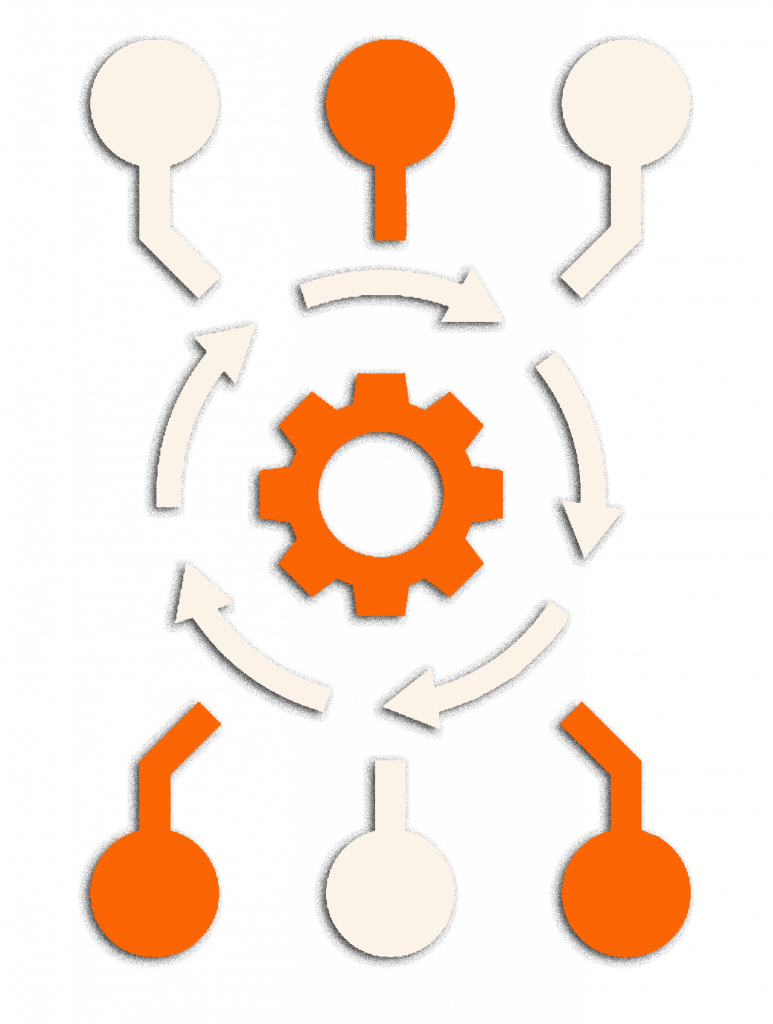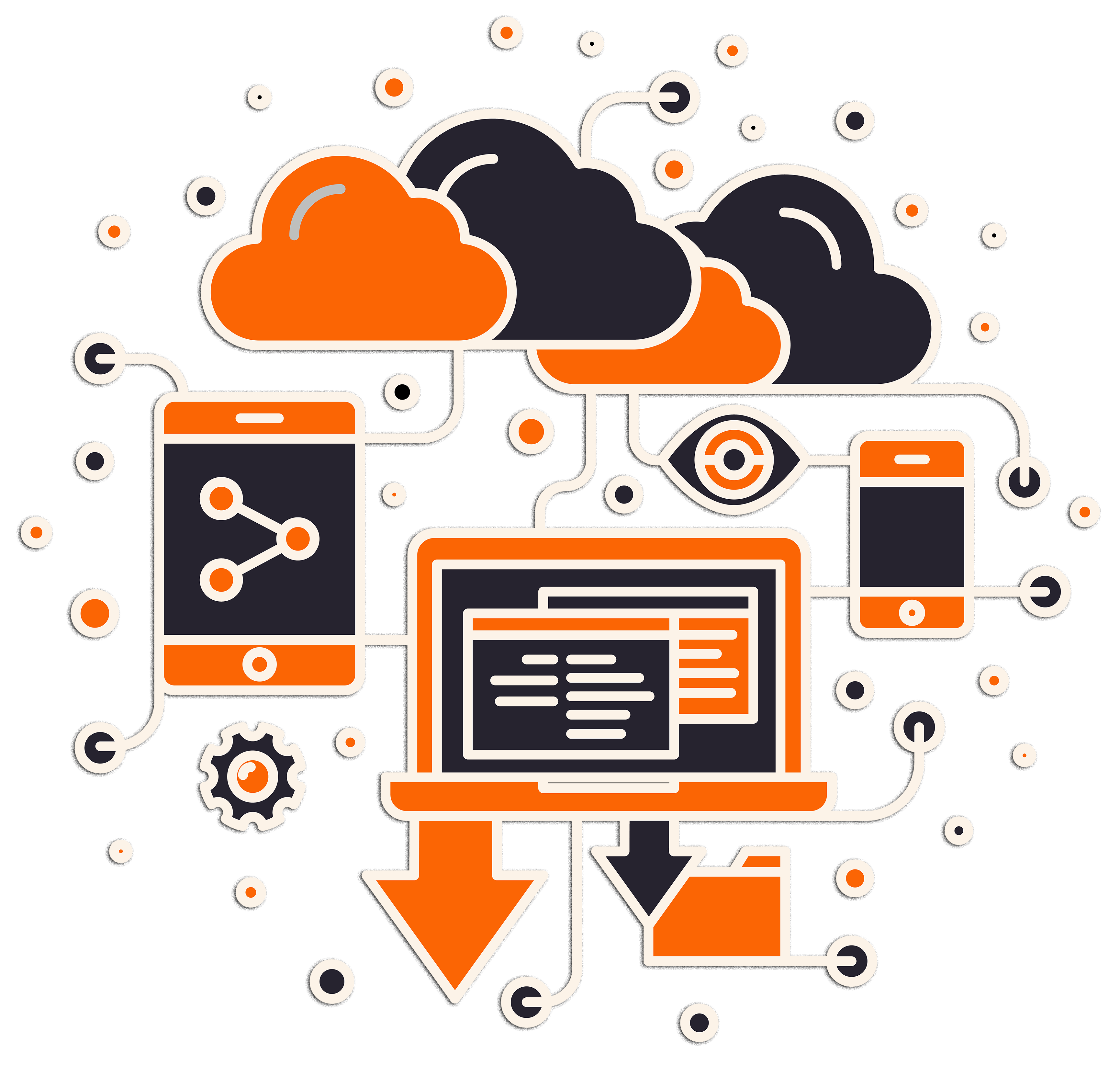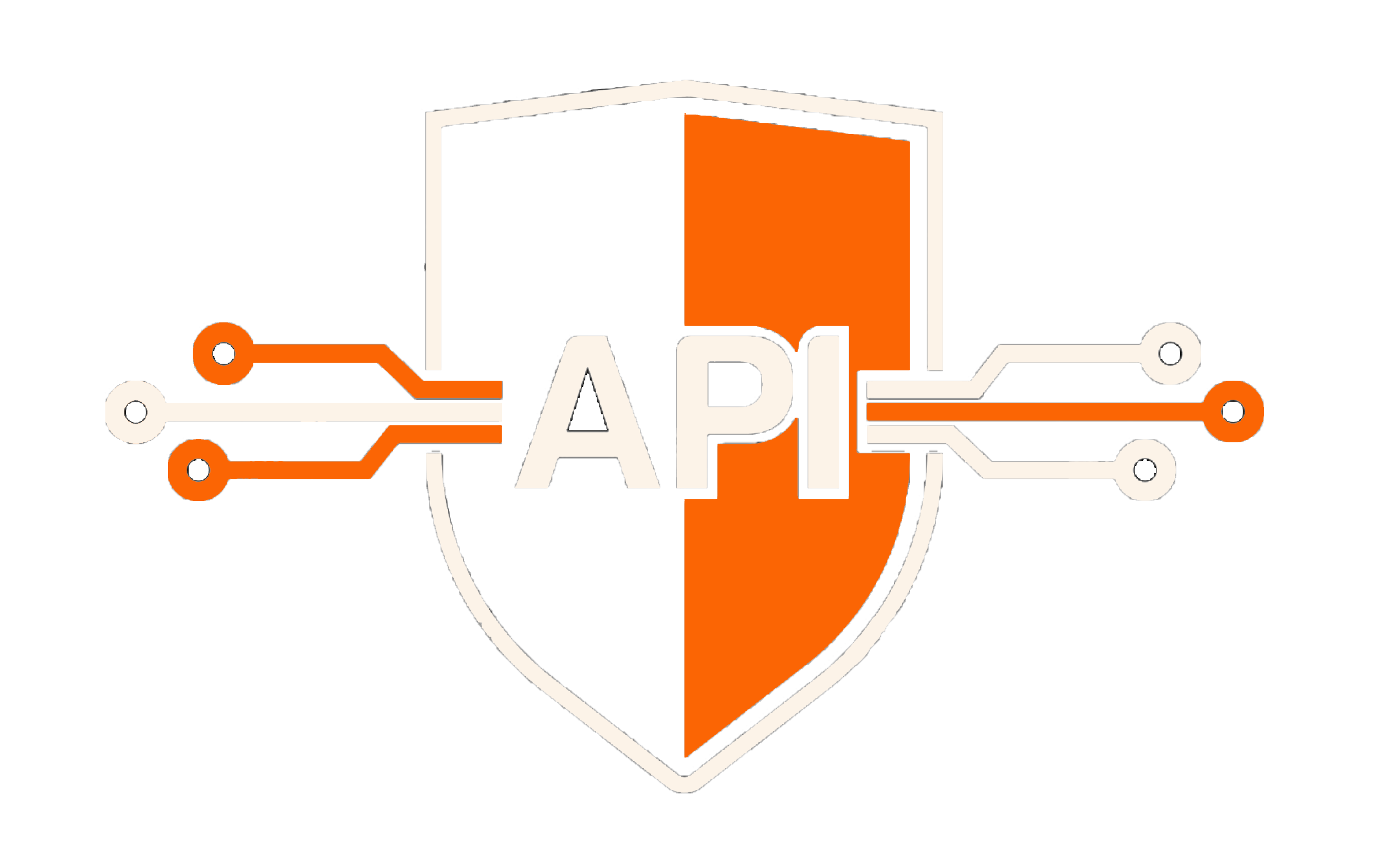The power of APIs, towards a true digital transformation
Today we are talking about Application Programming Interfaces, in short APIs. At Symbiotech, we have been stressing the importance of APIs for the past 4 years, specifically in the context of the Industrial Internet of Things (IIoT).
The reason is simple: in 2017, IIoT was still very immature, the projects were mainly Proof of Concept (POC) and did not fly any further than trialling technology and the solutions available were quite clumsy. In any case, these solutions were integrated into the overall company’s strategy and its IT systems.
Potential customers wanted to understand if IIoT did make sense and if IIoT was indeed creating efficiencies or generating new revenue opportunities.
Back then, even though the solutions were immature and costly, they did make sense, knowing that price would come down with volume and Return on Investment (ROI) would be more obvious. After the POC stages, it was time for Pilot stages (larger volume). The next stages would be full deployments, which we are now seeing more and more often.
In those final stages, integration to any other cloud platforms – be it Salesforce (CRM), SAP (ERP), BMS (Building Management Systems), or even legacy on-premise systems such as SCADA – became essential to fully benefit from a full-scale implementation of IoT solutions. A strong IoT strategy to transform businesses would also need to be on the agenda. Such strategy would often mean, moving from selling products to selling recurring services: This is the true digital transformation of the sales process.

API - Application Programming Interface

But first, let’s quickly explain what an Application Programming Interface really is. APIs are the interfaces that allow multiple, different devices and softwares to communicate with one another, allowing for the creation of increasingly complex applications. Despite the fact that APIs can simply refer to a library’s interface or the libraries themselves.
There are different types of API architectures as well, which can be categorized by three key aspects of these different types:
1. Design Philosophy/Pattern
(e.g. RESTful vs GraphQL)
2. Communication Protocol
(e.g. HTTP vs WebSockets)
3. Encoding
(e.g. Human-readable text such as JSON vs Binary formats like ProtoBuf)
Often, these three different aspects can be mixed. For example, you can use RESTful API over WebSockets but use a Binary Protocol like MessagePack. For example, RESTful APIs using JSON on the HTTP protocol are by far the most popular approach to creating web APIs. However, there are other upcoming types such as GraphQL, which is becoming popular, especially with applications with many data entities.
We explained the definition and the categorization of APIs, but what defines a good API?
Some key things are:
– Easy to learn
– Easy to use
– Hard to misuse
– Easy to read and maintain code that uses it
– Sufficiently powerful to satisfy requirements
– Easy to Extend
– Appropriate to the audience

The Digital Transformation - an example
Now that we clarified the meaning, the categories, as well as what makes a good API, let’s take a use case of a digital transformation of the sales process. If we take the case of Michelin, one of the leading suppliers of tyres in the mining industry in Australia.
They moved from selling tyres to selling kilometres to having a TAAS (Tyre as a Service) business model. By implementing IoT sensors inside the tyres, they were able to determine the number of rotations (thus the kms driven by the trucks), the level of pressure (thus the ageing of the tyres) and build a predictive model where they would know when to replace the tyres before they start failing and impact the usage of the equipment/truck.
To achieve this, you need IoT sensors, an IoT platform, linked to a CRM system (for managing your workforce on the ground that will service the tyres) and an ERP system that will invoice the customers. All (IoT platform – cloud CRM – cloud ERP) are interlinked. That interlink is the API, that connection between different systems that make the full solution very powerful and smart. This is the power of APIs.
Symbiotech is a strong system integrator and consultant with a long experience of the different types of APIs and the smart interlink between CRM, ERP, BMS, …. If you need help, simply book a time with us to review your processes, develop and implement the right APIs to achieve better ROI.
Want to scale up your IoT solution?
Get in touch today to set up a preliminary discussion with our IoT wireless mesh experts to improve your position for the future.